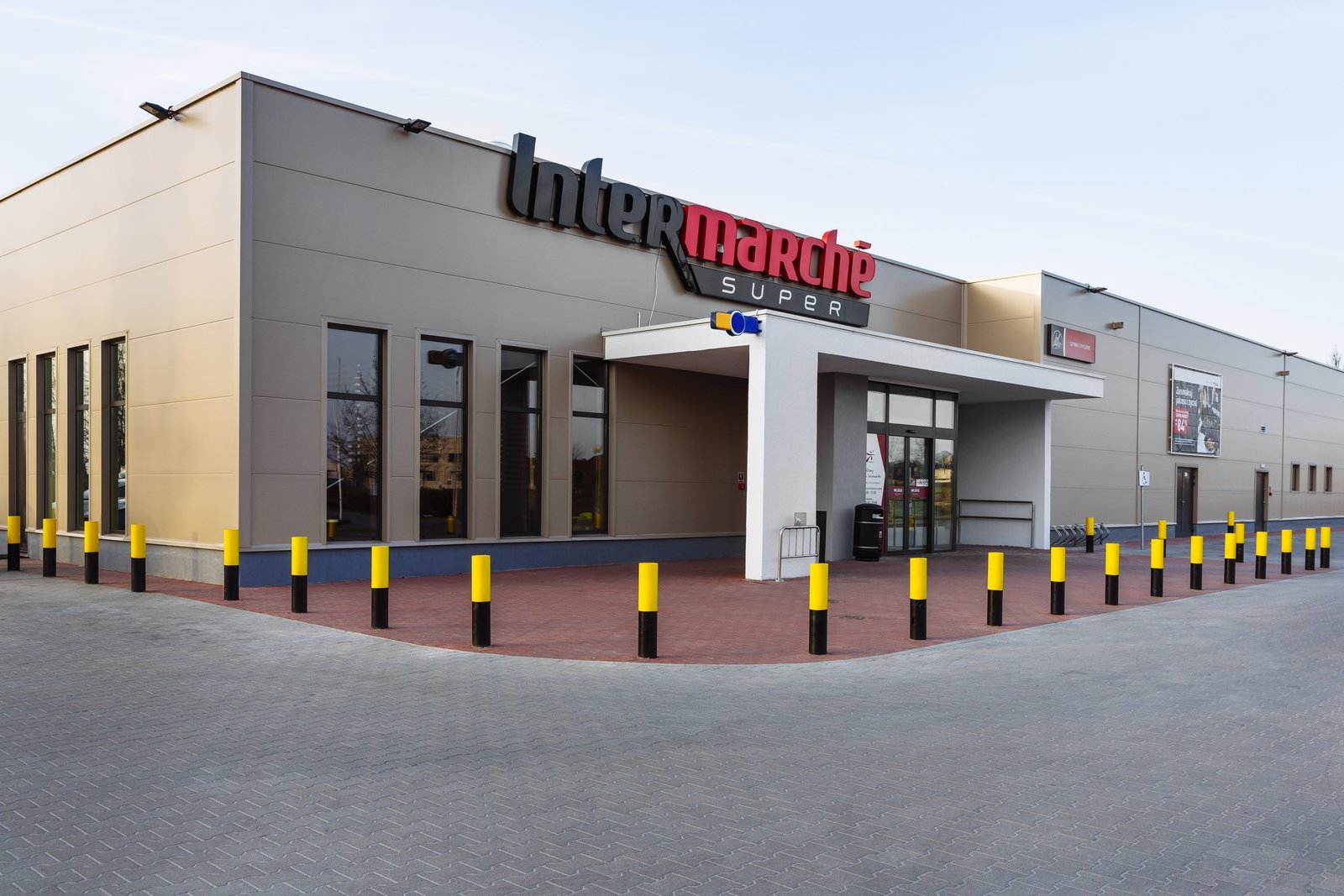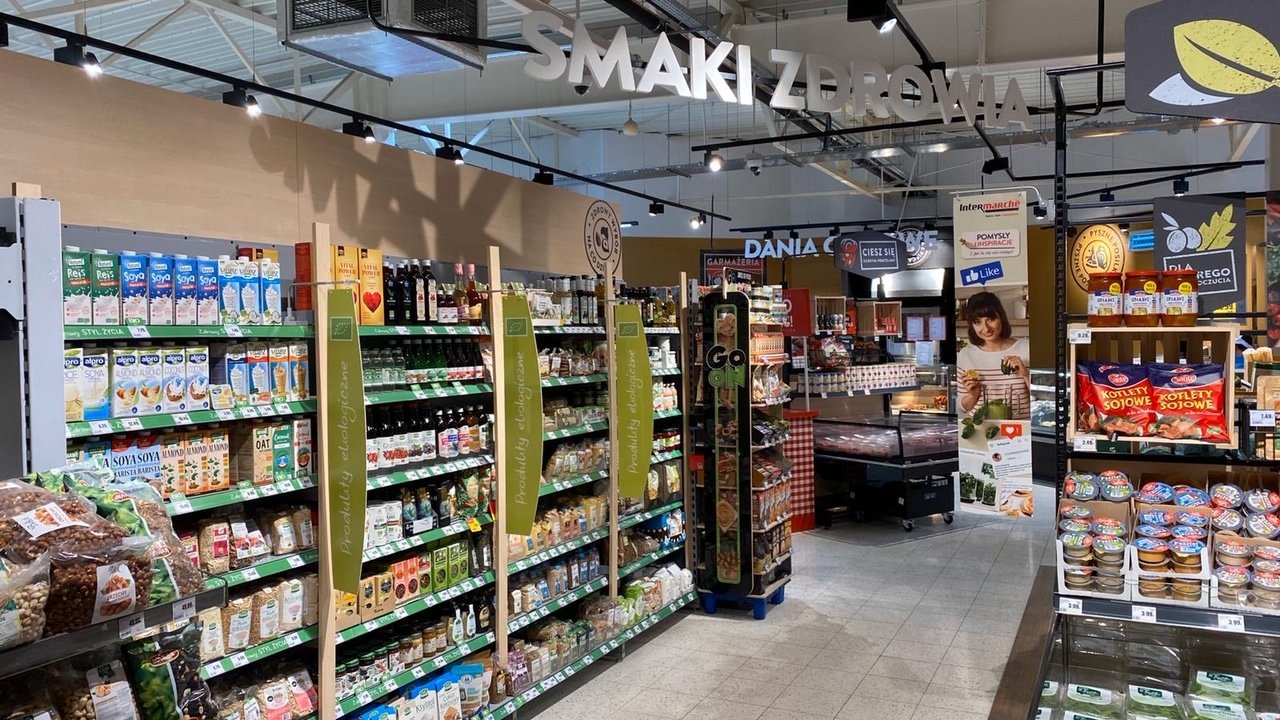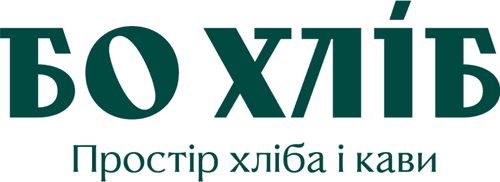Doing it better with Intermarché
Intermarché is one of the largest supermarket chains in France and is the marquee brand for Les Mousquetaires Groupement (The Musketeer Group). Intermarché was founded in 1969 by Jean-Pierre Le Roch under the name ‘Ex Enterprises’. Within a few years of operation, the company began trading as what we now know as Intermarché.
While holding a massive share of the French market, the company wanted to pursue other European markets, first setting up a franchise in Spain in 1988. In the 90’s they went a step further, franchising in Portugal and Belgium in 1991, followed by Poland in 1997. Intermarché now hasve 2,369 grocery and gas stations across Europe, most of which are franchised to independent business owners.
Intermarché's market performance
In 2020, The Musketeer Group, whose brands include, Intermarché and Netto; Bricomarché, Bricorama and Brico Cash; Roady and Rapid Pare-Brise, experienced an overall growth of 2.3%. In all of the countries where the Group has a footprint, the store brands combined reached a turnover of €46.3 billion. From that figure, the turnover generated by Intermarché and Netto across European markets came to €37.8 billion. The star of 2020 for Intermarché was convenience; the Express stores amounted a whopping 22.8% growth. To put that in perspective the next closest was the Contact stores with a 1.4% growth.
Didier Duhaupand, Chairman of The Musketeer Group said in a press release that the company has become one of the major players in France, and ranks second in distribution. Outside of France, Intermarché has deployed more than 529 points of sale, where he believes price policy contributes to their success.
“The year 2020 has been an exceptional year, characterised for the Mousquetaires’ store brands by an unprecedented acceleration of their activity,” says Mr Duhaupand.
“People have rediscovered the social value of retail. A great number of initiatives have also been rapidly launched during the year at a speed that was unthinkable a year ago: remarkable progress has been made on e-commerce, people are more than ever attached to local production and convenience values, there are greater expectations in terms of CSR policies and purchasing power,” he said.
“We are going to keep progressing in 2021 and continue meeting in the closest possible way the expectations of consumers who have been hit by the pandemic.”
What sets Intermarché apart?
Is it just Intermarché’s price policy that contributes to their daily success? It seems that through their actions, Intermarché has defined itself as a store for tomorrow. The retail giant has certainly risen to the corporate social challenge, unveiling several leading initiatives. The company is truly committed to their slogan “Better Eating” and were the first in 2006 to introduce a nutritional labelling feature called Nutri-Pass.
In June 2013, Intermarché signed the National Pact against food waste - their aim is to reduce waste by 50% by 2025. The company decided to sell ‘ugly’ fruit and vegetables which are normally rejected by consumers and thrown away by supermarkets. Their aim is to educate consumers on food waste proving that taste doesn’t change, even if the fruit doesn’t look ‘perfect’. They are now even doing the same with baked goods that didn’t turn out right, such as cookies and cakes.
Furthermore, the group has undertaken a progress plan for a sustainable fish subsidiary by 2025, to better meet the expectations of civil society in the area of managing the marine ecosystem by maintaining employment as well as the sustainability of the subsidiary. The company has also shown economic support the dairy industry by setting a cost bar at €340 per 1,000 litres of milk.
Intermarché have shown further commitment to helping the environment by changing the way they operate. The company uses the latest energy efficient lighting, heating, and temperature controlling systems to optimise energy efficiency in their buildings. Intermarché for the last decade, has executed a physical commitment by refining their transport logistics by reducing delivery trucks and using more rail and water transport methods.
E-commerce and the Drive-Through
The company’s e-commerce systems have been instrumental in their modern success thanks to Intermarché drive-through centres. The click-and-collect drive-through market share reached 10.2% of profits last year (source: Nielsen). The e-commerce turnover has exceeded €1 billion. Prior to the Covid outbreak the drive-through method was used by a quarter of French households. Developing delivery methods has also allowed the company to reach new clients. Both of which have been of particular use during the global pandemic.
FRANCHISE UNITS
Intermarché has 2,369 stores across Europe:
- 1,840 (France)
- 254 (Portugal)
- 197 (Poland)
- 78 (Belgium)
SUPPORT FOR THE FRANCHISE
Benefits for the franchisee:
- Operating under a proven system and under a recognisable name.
- The possibility of development in the structures of The Musketeer Group and co-decision on strategic issues (the possibility of becoming a partner of The Musketeer and a shareholder of the Group's Real Estate Fund).
- Assistance in choosing the location of the store and developing its design, as well as support in the selection of equipment, construction of the facility and preparation of the store for opening.
- Possibility of opening new retail outlets under the same brand name.
- Extensive support of specialists and access to training to improve qualifications.
- Exchange of knowledge, experience and good practices between entrepreneurs in the name of the principle of independence in interdependence.
- Possibility of cooperation with local suppliers.
- Regular commercial and marketing campaigns (e.g. preparation of promotional newsletters.
- Modern marketing and digital tools (e.g. mobile application for customers and store management, e-commerce services, including click & collect - e.g. Intermarché Drive).
- The possibility of developing the store with additional services (e.g. a gas station, a car wash, as well as a smokehouse).
- Participation in actions for the benefit of local communities.
Each of the franchisees co-manages the entire Group and has the ability to influence the directions of strategic development. In the long run, the store owner may combine management functions in the Group. It is a unique solution throughout the European market. The distinguishing feature of The Musketeers is also independence - all entrepreneurs belonging to the Group independently make decisions about the future of their business.
THE FOUR PARTNERSHIP OFFERS FOR INTERMARCHE
There are four complementary Intermarché concept stores to meet different franchisee’s needs. The variety of stores are aimed to adapt to the local clientele and the requirements of the market. Intermarché’s four-store system allows them to have a presence in local life, all the while establishing partnerships and supporting associations in the community. Here is the breakdown of each of the stores:
Intermarché HYPER: The human-sized hypermarket
A complete food range that includes both national brands and local products, and complete non-food, multimedia and textile lines, as well as personal hygiene products and home appliances. Intermarché Hyper stores range in size between 3,500 to 6,700 m².
Intermarché SUPER: A made-to-order supermarket
Intermarché Super is a concept with strong positioning. Located in suburban areas with store sizes running from 1,200 to more than 3,500 m², this kind of store can be adjusted to meet local demand and can offer either a balance between food and non-food goods or an almost exclusively food offer (90%).
Intermarché CONTACT: The friendly atmosphere of a market
Designed for a rural and family-oriented clientele, the Intermarché Contact stores are both friendly and convenient. Each point of sale, ranging from 500 to 1,200 m², resembles a market that it is pleasant to visit and do one’s shopping at, for both fresh produce and other food products.
Intermarché EXPRESS: The offer for city dwellers
Urban points of sale par excellence, Intermarché Express stores are now located in major city centres. In these stores running from 300 to 1,200 m², the fully self-service offer meets specific needs: practical products, leisure items and services such as home delivery.
Benefits for the partner:
- Operating under a proven system and under a recognisable name.
- Effective logistics.
- Regular commercial and marketing campaigns.
- The possibility of cooperation with local suppliers.
- Extensive support of specialists.
BASIC NETWORK REQUIREMENTS
- Over 25 years of age.
- Possess the characteristics of an entrepreneur and general business competences.
- Readiness to run your own family style business.
- Acceptance of the rules of The Musketeer Charter.
- Completion of a 6-month theoretical and practical training.
- Willingness to change the place of residence, if necessary.
- Acceptance of the contract guaranteeing the entrepreneur 10-year cooperation with the possibility of its extension.
KEY FIGURES
- Prices will obviously vary between market and store choice.
- Minimum own contribution is estimated at €90,000.
- There are no initial license fees or payments to the Group, rather payments come from the equity of results.
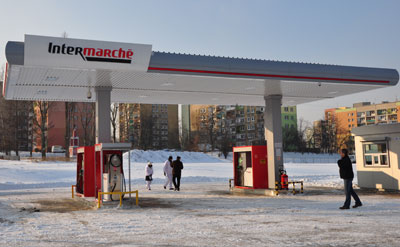 On the move / Intermarché also have a string of gas stations available within the chain.
On the move / Intermarché also have a string of gas stations available within the chain. read articles
 Party in style
/2022-10-11
Party in style
/2022-10-11
- If following our pricing, franchisees can generate a margin of around 65% - says Andrea Nagy, Founder of Party Point.
"The economic uncertainty has led to increased franchising interest in the Harvested network, especially among employees," reveals its Executive Director, Aleš Kotěra.
7-Eleven have made franchising convenience simple.
RELAY is the traveller’s companion that aims to make journeys as pleasant as possible.
most read
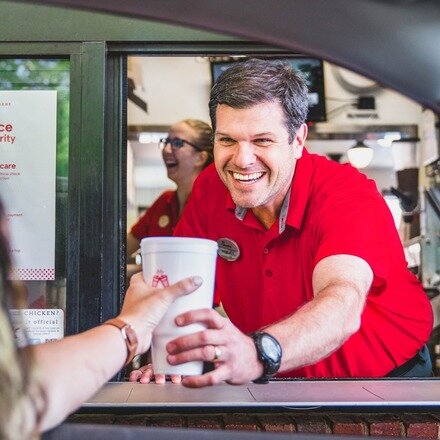 Chick-fil-A sets sights on Europe
/2023-03-15
Chick-fil-A sets sights on Europe
/2023-03-15
The fast-food restaurant chains $1 billion international expansion plan
The idea of tapping into new global markets is financially appealing to any ambitious business owner.
Franchising has revolutionized global business by enabling rapid expansion with a proven business model. Discover the largest franchise networks shaping industries worldwide.
Over one billion YouTube videos are watched around the world every single day.
The European Franchise Federation gave itself a mission in the early 1970’s to bring clarity to the rights & obligations in a franchise contract by developing the European Code of Ethics for Franchising.
